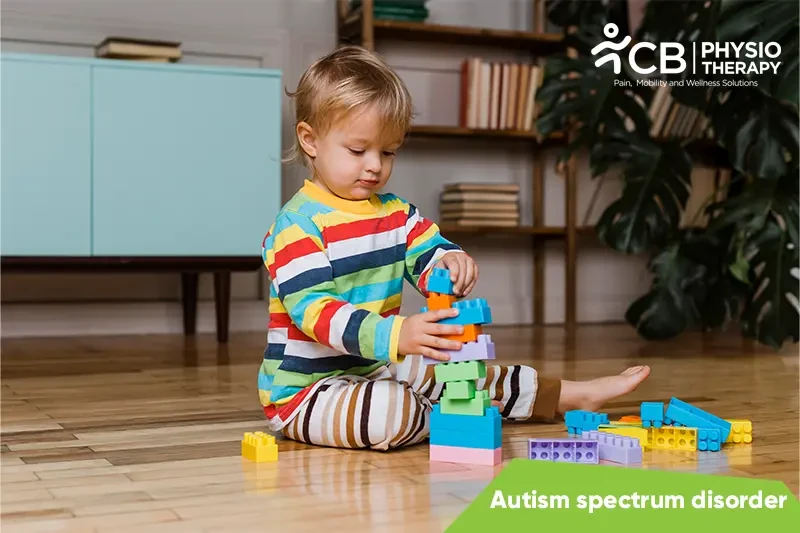Routine Training:
In early years the child is taught how to walk safely, how to use stairs, also guided on having a routine, navigating physical boundaries, and interacting with their peers in play. The child is also helped to handle challenges such as crowded hallways, and lunchrooms, and promote skills like self-control, taking turns, etc. The physiotherapist may even teach them to copy the movement of other children, develop coordination, and even take part in physical education.
Fine motor skill Training:
Fine motor skills involve the use of small muscles i.e. muscles in the fingers and hands. These skills enable the child to do everyday tasks like buttoning a coat and using utensils, and school-based skills, like holding a pencil and using scissors.
Physical and motor skill Training:
The physiotherapist stimulates the functional motor skills to help the child compensate for motor skills disturbances. These include age-appropriate exercises like clapping hands, jumping, skipping, throwing, hopping, kicking, and catching the ball.
Strengthening Exercises:
Strengthening exercises have been successful in improving and decreasing the severity level of weak muscles which results in many other consequences when the child grows up if left untreated.
Aquatic exercises:
The temperature and pressure of the water pressing against the body can soothe an autistic child. Swimming and other activities in water can serve as exercise. These activities can also act as sensory play activities, which can help autistic people who may have trouble processing signals from their senses.
Locomotor and Balance Training:
For balance training simple standing, standing on one leg with eyes open and then with closed eyes can be recommended. For locomotor training running, jumping, and walking can be practiced.
Exergaming:
Exergaming is used for the program which includes exercising and gaming, helping the child to improve function, working memory, motor strength, and more.
